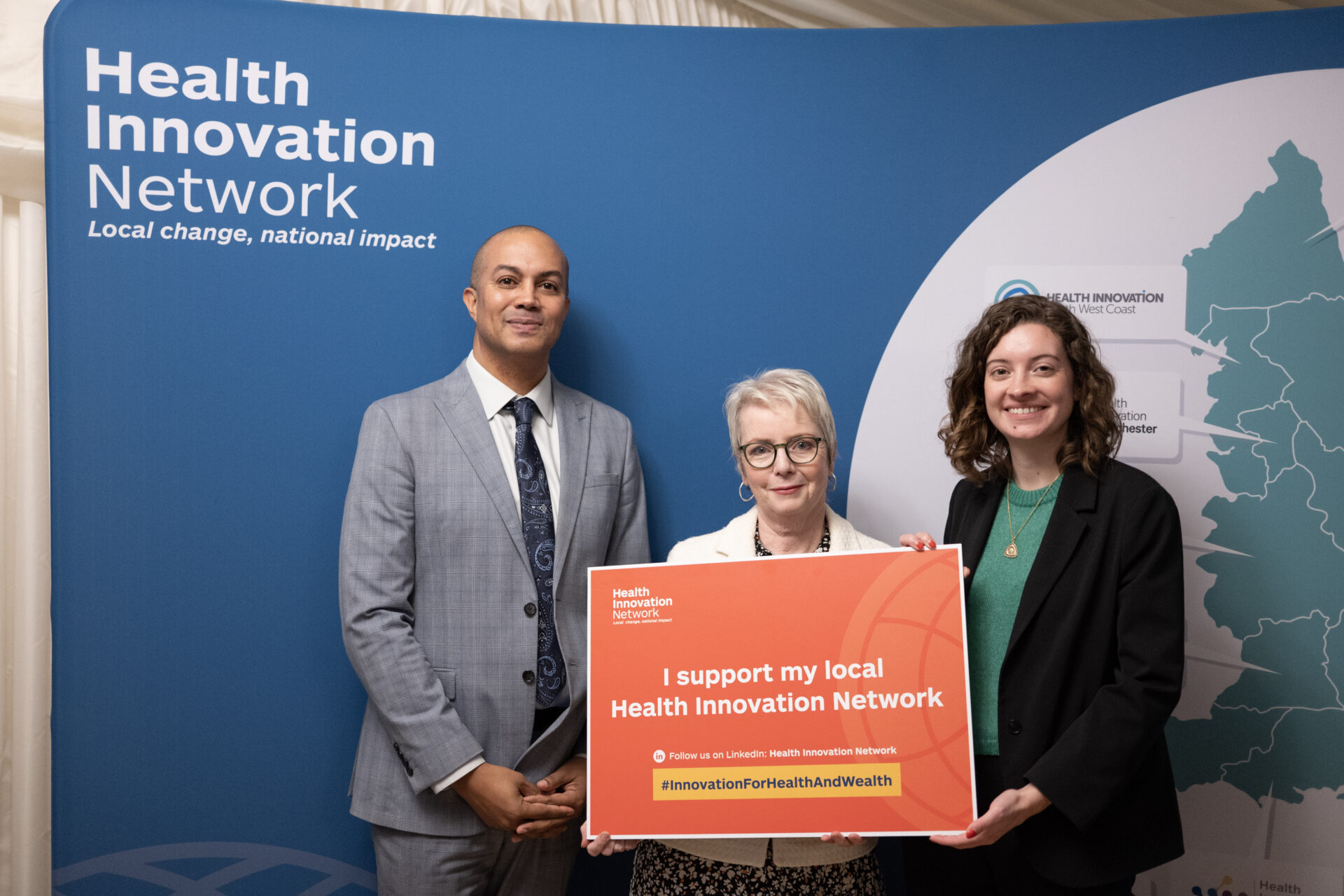The coronavirus (COVID-19) pandemic has had a significant and continued operational impact upon England’s health and care system. In parallel, we’ve observed innovation and transformation of services at an unprecedented pace and scale, with the adoption of digital technologies being a key feature. This innovation and transformation has, in the main, been brought about by a necessity to change at pace: flexing and shifting the system to focus on the care of coronavirus patients while continuing to deliver as much routine care as possible. Much of this rapid change presents a valuable opportunity to learn from and inform the future as we now begin to focus upon the reset and recovery of services. As experts in the spread and adoption of health innovation and best practice at pace and scale, AHSNs are well-placed to lead this translation of learning into practice
Not all of the changes observed throughout the pandemic should remain into the future, but we must take the opportunity to reflect and use the changes and progress made during the pandemic to lead to a more modern, responsive and flexible health service for the future. A robust yet rapid technique of identifying, evaluating – and where appropriate – adopting this learning and innovation across the country is needed, ensuring we capitalise on the opportunity we have been presented with to do things differently.
Since the onset of the pandemic there have been many phrases used to describe the process of restarting health and care services following the crisis: Recovery, Restoration, Renewal and Reset to name but a few. However, within the AHSN Network we’re clear that our focus should be on ‘resetting’. We cannot simply return to how things were in the past, but rather should be looking back at the rapid progress made in the short term, capturing the learnings, and using them to inform the future health and care system.
To capture these learnings and best practice, assimilate our findings, and provide recommendations that could be used to shape the health and care system of the future, the AHSN Network launched its Health and Care Reset Campaign.
The campaign captures learnings from the AHSN experience of the pandemic, including research we have undertaken, and focus groups and round-tables we have convened to collate insights and best practice. Based upon these learnings we are able to offer recommendations to help build a more equitable, innovative, and better prepared health and care system of the future. The learnings and recommendations are captured in our AHSN Network’s Reset Report.
The work undertaken as part of this review, complements our collaboration with NHS Confederation and the Health Foundation as part of the NHS Reset Campaign, with a specific focus on best practice and innovation. Our experience as leaders in health innovation and catalysts for change in England’s health and care system has proven invaluable throughout this work.

The Health Innovation Network is delighted to announce the launch of Innovation Insights, a brand-new webinar series designed to highlight the latest in health innovation, offering attendees valuable insights into the adoption and spread of innovation within the health and care landscape. Each interactive webinar will feature: Expert presentations: Delivered by thought leaders across [...]

The Health Innovation Network, at an event sponsored by Sarah Coombes MP, brought together parliamentarians including Health Minister Karin Smyth MP and Chair of the Science, Innovation and Technology Committee, Chi Onwurah MP to meet with six innovators supported by health innovation networks across the country and their NHS partners. At the Meet the Innovators: [...]

The need for fast-paced innovation in healthcare is widely acknowledged. And ensuring that healthcare innovation is shaped by the people it serves remains a pressing priority – one made all the more evident by the growing emphasis on health equity in the 10 Year Health Plan. Patient voices are often cited as central to healthcare [...]









